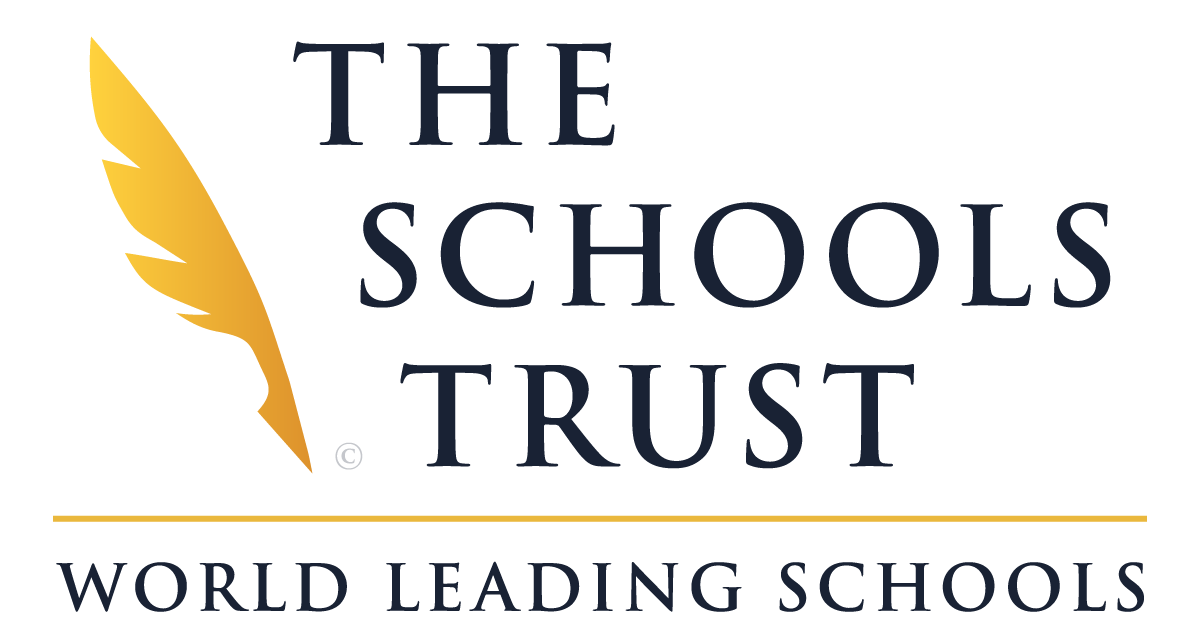Using Music To Improve Cognitive Skills
Plato might be on to something when he said:
Music gives wings to the mind and flight to the imagination.
Many people seem to think that a music class is merely an “addendum” to a curriculum. Why like so many recently concluded studies show that music improves cognitive skills especially when introduced to young learners?Music is more than just a source of cultural pride and listening pleasure. It is an essential aspect of education as it embodies the ideals that we would like to impart to our students. Let’s consider some points.Music makes abstract ideas concrete - and that forces us to develop several critical cognitive skills such as memory and pattern recognition. Musicians memorise melodies of musical pieces as well as the individual notes that make the whole melodic sequence. With that scope, music, then teaches us the language of expression. For example, Martin Luther King Jr. and I can read the same speech, and it wouldn’t sound the same. The words are the same, sure, but what makes Dr King’s voice powerful, heavily laden with something that goes beyond words? It’s his expression and the expressiveness of the overall performance. In music, it happens too - three people singing do not sound the same, although they may be singing the same song, notes and melody. Only some people can sing songs that genuinely touch hearts, and that’s by learning expression.Music teaches cooperative behaviour, an essential skill we teach our children ever since they entered school (sharing toys, waiting patiently for one’s turn, etc.). Consider a jazz group: the beauty of that genre is improvisation, but it won’t work for a jazz ensemble or a soloist - if the musicians do not play in balance. Another point: the loudest instrument in a jazz ensemble is the drum - and if the drummer decides to play much louder than the bassist (bass is the softest instrument), the result is a discord. This situation teaches the importance of choice, cause and effect; many of these choices require a certain sacrifice: you should have a conversation with each other, plan and execute together, and listen to each other. The group must cooperate and work together to achieve its goals.Music is inclusive and interactive. It celebrates the skills of an individual - but also marks the skills of a group. Playing music also allows us to interact with other musicians - not just live, but vicariously as well. Performing a Beethoven piece will help you understand his world. With each song, each musical piece, each opera, we get to see a glimpse of his mind, held within the constructs of an artistic statement.Music improves brain cognition. As mentioned earlier, music enhances memory - almost by default as you need to memorise notes to play music. However, it turns out that music does more than improving memory recall, as brain scans suggest - it helps shape the brain itself. This appears to be stronger when music training happens very early in childhood as the brain is developing rapidly, and numerous new neural connections are being formed. As a result, musicians’ brains have more grey matter and also an increased amount of white matter. They also tend to have better auditory skills and cognitive flexibility (mental ability to switch between thinking about two different concepts). Musicians also have better motor control, spatial coordination and auditory processing. It’s not surprising to see violinists (for example), who make complex movements with their fingers, have better fine motor skills, the brain corresponds with these by adapting itself in the areas that govern left-handed finger control.Musical education offers the opportunity to train the brain for essential cognitive and even social functions. Moreover, it provides skills and foundations that will likely be of benefit for life. Education works on many levels: it informs and excites our minds, and also enriches our spirit. Music is an essential and indispensable factor in that education.

